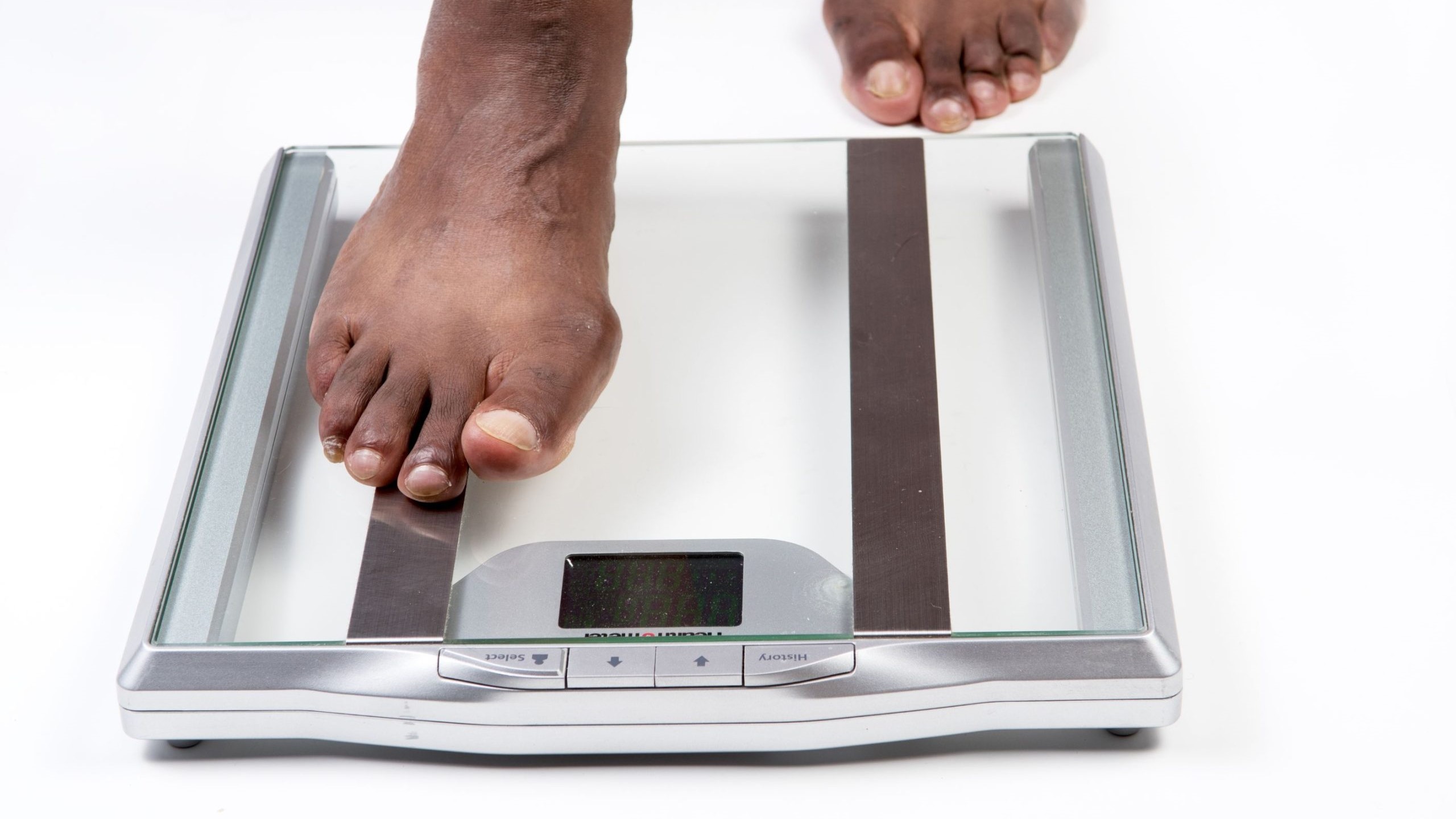Introduction to Body Mass Index Calculator:
A Body Mass Index Calculator is one of the most common tools used to quickly assess whether your body weight is within a healthy range based on your height. By entering your height and weight into the calculator, you receive a numerical value—your BMI—which can help identify if you’re underweight, at a healthy weight, overweight, or obese. While it doesn’t measure body fat directly, the BMI is a widely accepted starting point for evaluating general health.
What is a Body Mass Index Calculator?
A BMI Calculator is a simple online or offline tool that uses a mathematical formula to estimate body fat levels. It works by dividing a person’s weight in kilograms by their height in meters squared (kg/m²). The result falls into different ranges, such as:- Below 18.5 – Underweight
- 18.5 to 24.9 – Normal weight
- 25 to 29.9 – Overweight
- 30 or above – Obese
How Does a Body Mass Index Calculator Work?
The BMI Calculator applies a straightforward formula:- BMI = Weight (kg) ÷ [Height (m)]²
- For example, if someone weighs 70 kg and is 1.75 meters tall: BMI = 70 ÷ (1.75 × 1.75) = 22.86 (which falls in the “normal weight” range).
Why Use a Body Mass Index Calculator?
While it’s not a perfect measure, a Body Mass Index Calculator is widely valued because:- Quick & Easy – It takes less than a minute to calculate.
- No Special Equipment – You only need height and weight measurements.
- Widely Recognized – Used by doctors, dietitians, and researchers.
- Helps in Goal Setting – Useful for weight loss or fitness programs.
Limitations of a Body Mass Index Calculator:
It’s important to understand that BMI doesn’t account for everything. For example:- Muscle Mass – Athletes may have high BMI due to muscle, not fat.
- Body Composition – BMI doesn’t distinguish between fat and lean tissue.
- Age & Gender Differences – It may not accurately reflect health risks for all age groups.
How to Use a Body Mass Index Calculator for Your Health Goals:
- Measure Accurately – Always measure your height and weight precisely.
- Check Your Result – Compare your BMI with the standard categories.
- Consult a Professional – If your BMI is too high or too low, speak with a healthcare provider.
- Create a Plan – Use BMI as a baseline to track progress over time.
Tips to Maintain a Healthy BMI:
- Balanced Diet – Eat nutrient-rich foods with controlled portions.
- Regular Exercise – Include cardio and strength training in your routine.
- Stay Hydrated – Water helps regulate metabolism and supports weight control.
- Get Adequate Sleep – Poor sleep can affect weight and metabolism.









